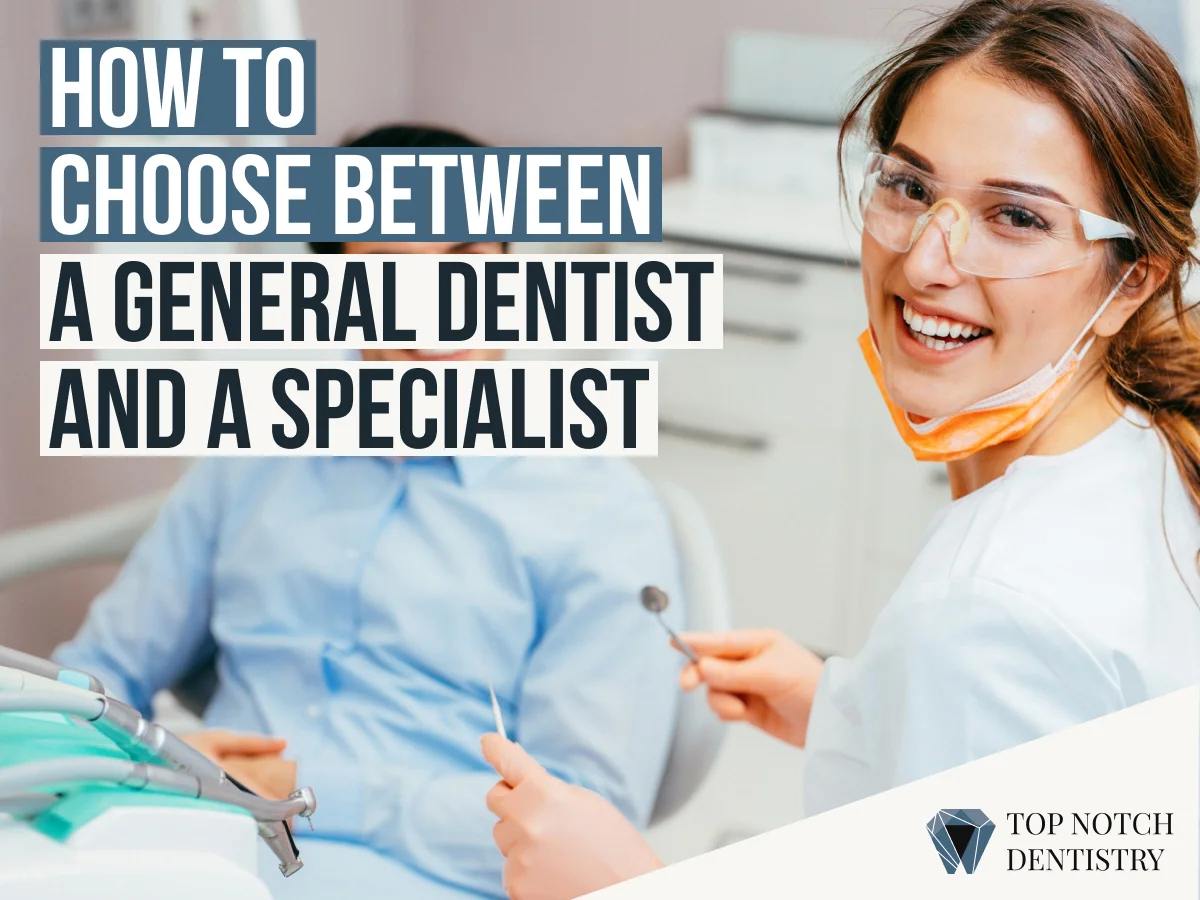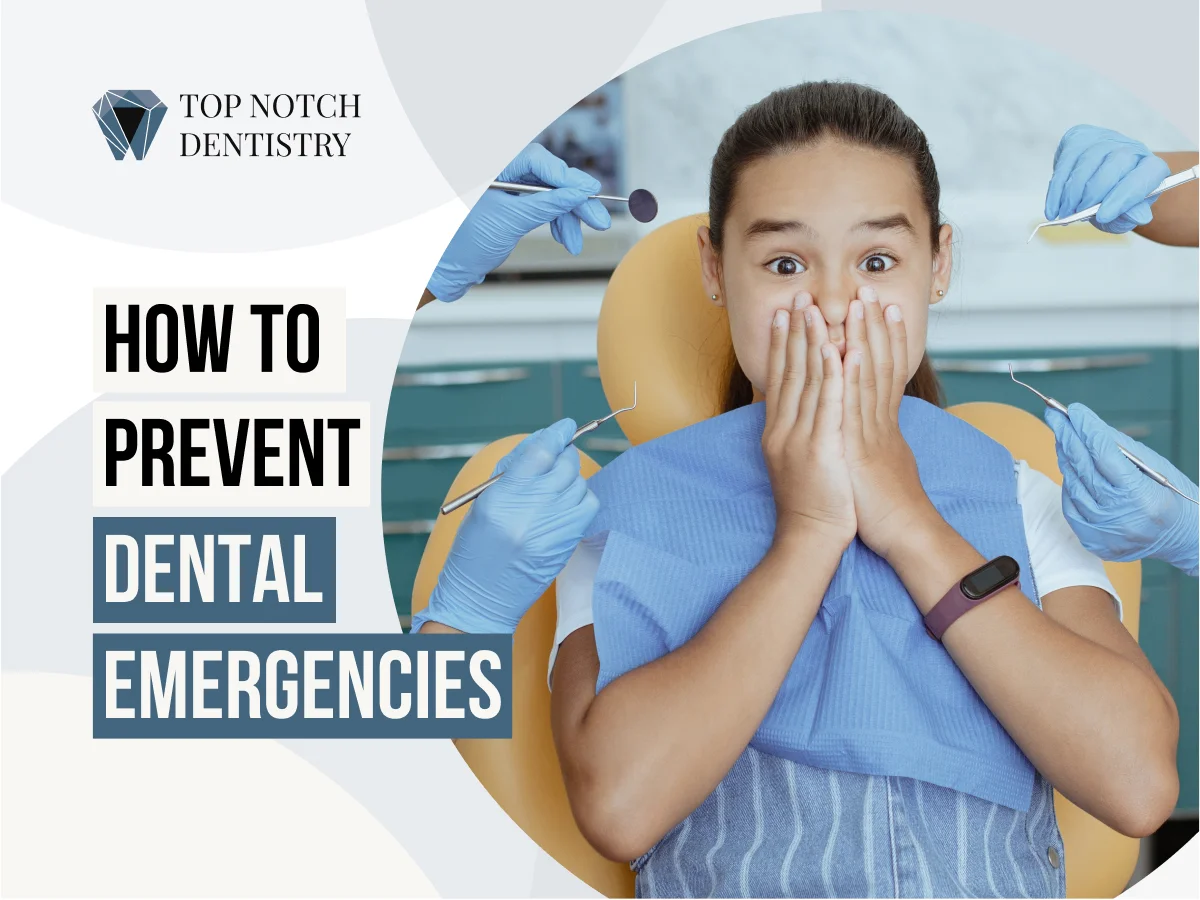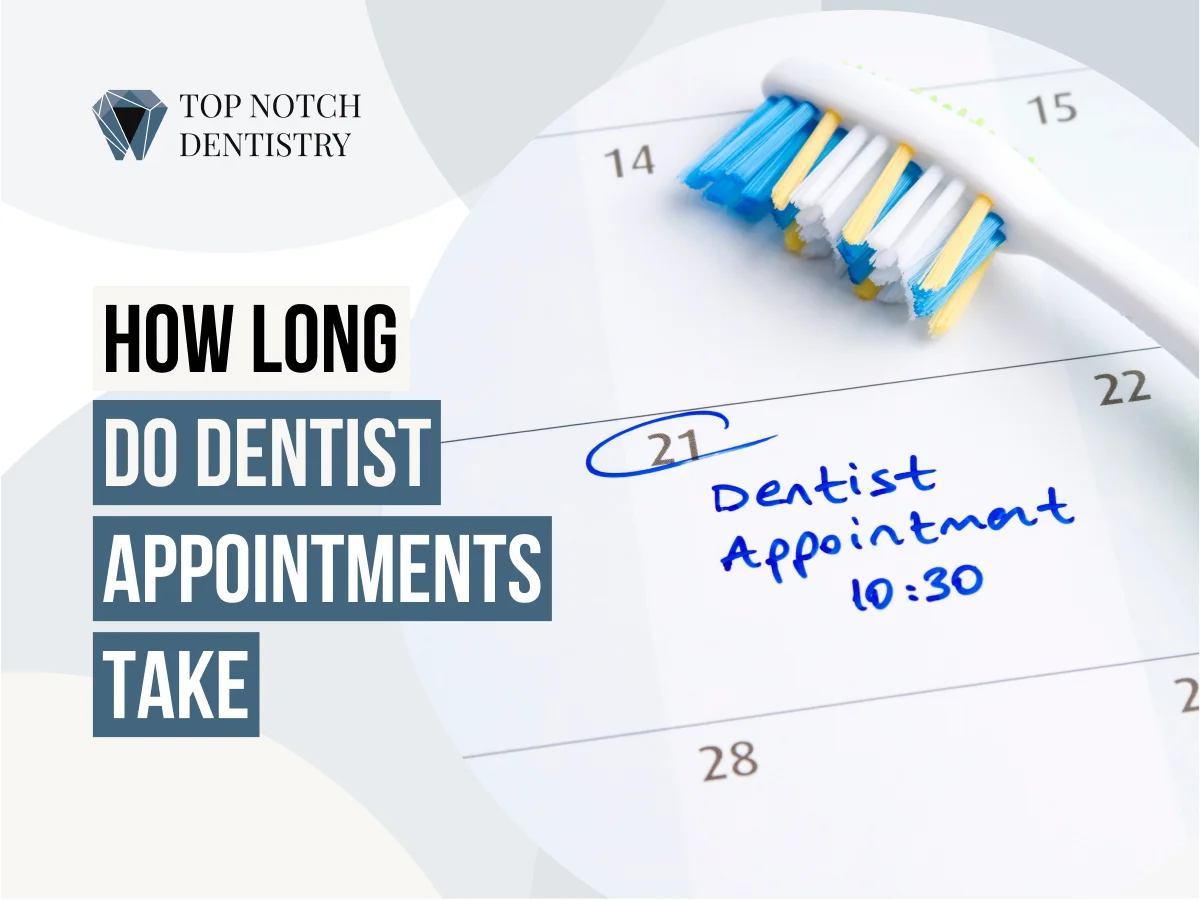
When it comes to dental care, knowing whether to visit a general dentist or a specialist can make all the difference in maintaining a healthy smile. While general dentists handle routine procedures and preventive care, certain dental issues may require the focused expertise of a specialist. But how do you determine which type of dentist suits your situation?
In this guide, we'll break down the differences between general dentists and specialists and explain how to choose the right dentist for your needs. We will outline when to seek each type of care to help you make an informed decision and protect your oral health. After all, understanding the appropriate provider for your needs is the key to effective treatment and long-lasting results. Continue reading to learn how to choose between a general dentist and a specialist.
What Does a General Dentist Do?
A general dentist is your primary dental care provider, offering a broad range of services to maintain and improve your oral health. When deciding whether to see a general dentist vs specialist, you should consider ‘what does a general dentist do?’ They focus on preventive care, diagnosing and treating common dental issues, and educating patients on proper oral hygiene.
In addition to routine cleanings and checkups, which are essential for preventing tooth decay, gum disease, and other dental problems, general dentists provide many more treatments. For example, general dentists also perform fillings and cavity treatments, manage basic tooth extractions, and offer minor cosmetic procedures like teeth whitening. Preventative care, such as fluoride treatments and dental sealants, is another core aspect of their services, helping to protect teeth from future damage.
As a result, the ADA’s www.mouthhealthy.org recommends visiting a dentist once or twice a year. This ultimately ensures that any developing dental problems are caught early, preventing the need for more complex treatments which would be when to see a dental specialist.
What Does a Dental Specialist Do?
When considering ‘Do I need a dental specialist?’, you should pay attention to what treatments they provide. A dental specialist is a dentist who has undergone additional training and education in a specific area of dentistry. While a general dentist provides comprehensive care, dental specialists focus on treating more complex or specialized conditions that require advanced expertise.
There are several types of dental specialists:
- Orthodontists correct misaligned teeth and jaws using braces, Invisalign, and other devices.
- Periodontists focus on diagnosing and treating gum disease, performing surgeries like gum grafts.
- Endodontists are experts in root canal treatments and issues involving the tooth pulp.
- Oral and Maxillofacial Surgeons handle complex surgeries, such as wisdom tooth removal and dental implants.
- Prosthodontists perform complex dental restorations, including creating dentures and bridges.
- Pediatric Dentists provide specialized care for children, addressing both routine and complex dental issues in younger patients.
As you can see, there are several types of dental specialists providing the targeted care necessary for complex dental issues beyond the scope of general dentistry. This means that visiting a dental specialist is vital when experiencing a specific condition that requires expert care, such as misaligned teeth, or the need for surgeries or restorations.
Key Differences Between a General Dentist and a Specialist
The main difference between general and specialty dentistry lies in the scope of practice. General dentists provide a broad range of care, handling routine dental needs like cleanings, fillings, and basic extractions. Specialists, on the other hand, focus on treating more complex or specific conditions within their area of expertise, such as orthodontic misalignment or advanced gum disease.
Dental specialists also undergo additional years of schooling beyond dental school. Advanced training allows them to become experts in areas like orthodontics, periodontics, or oral surgery, resulting in patient referrals from general dentists to ensure effective treatment.
In terms of the issues treated, general dentists manage everyday dental concerns, while specialists are equipped to handle severe, complicated, or unusual cases.. Treatments performed by specialists may also cost more due to the complexity of the procedures and the advanced training required. However, specialist care is crucial for addressing conditions that general dentists are not equipped to treat.
What Type of Dentist Do I Need?
For routine care needs such as regular checkups, cleanings, and preventive treatments, a general dentist is your best option when choosing between a general dentist vs specialist. However, a dental specialist may be required if you're dealing with specific dental problems, including misaligned teeth, advanced gum disease, or the need for a root canal. While general dentists provide comprehensive care that helps maintain your overall oral health, specialists like orthodontists, periodontists, and endodontists have the expertise to handle more complex issues.
For instance persistent tooth pain, gum inflammation, and teeth misalignment, may signal the need for specialized care. If you're still uncertain about which type of care you need, we recommend consulting with a general dentist. They can assess your situation and refer you to a specialist if necessary, ensuring you get the right treatment.
It’s important to note that some insurance plans require a referral to see a specialist, while others may allow you to go directly. For this reason, you should be sure to compare the costs and coverage for both options before making a final decision.
Final Thoughts
When considering how to choose between a general dentist and a specialist, the deciding factor is your specific dental needs. General dentists are ideal for routine care and preventative services, while specialists handle more complex or advanced issues.
When in doubt, it’s always best to consult a general dentist first. They can guide you toward the right treatment plan and refer you to a specialist if needed. Understanding your symptoms, insurance coverage, and the complexity of your dental issue will also help you make the best decision for your oral health.
For expert care, whether you need routine services or specialized treatment, consider Top Notch Dentistry of Dallas. Our team is dedicated to providing high-quality dental care tailored to your needs. Contact us today to schedule your appointment and take the first step toward a healthier, brighter smile!


